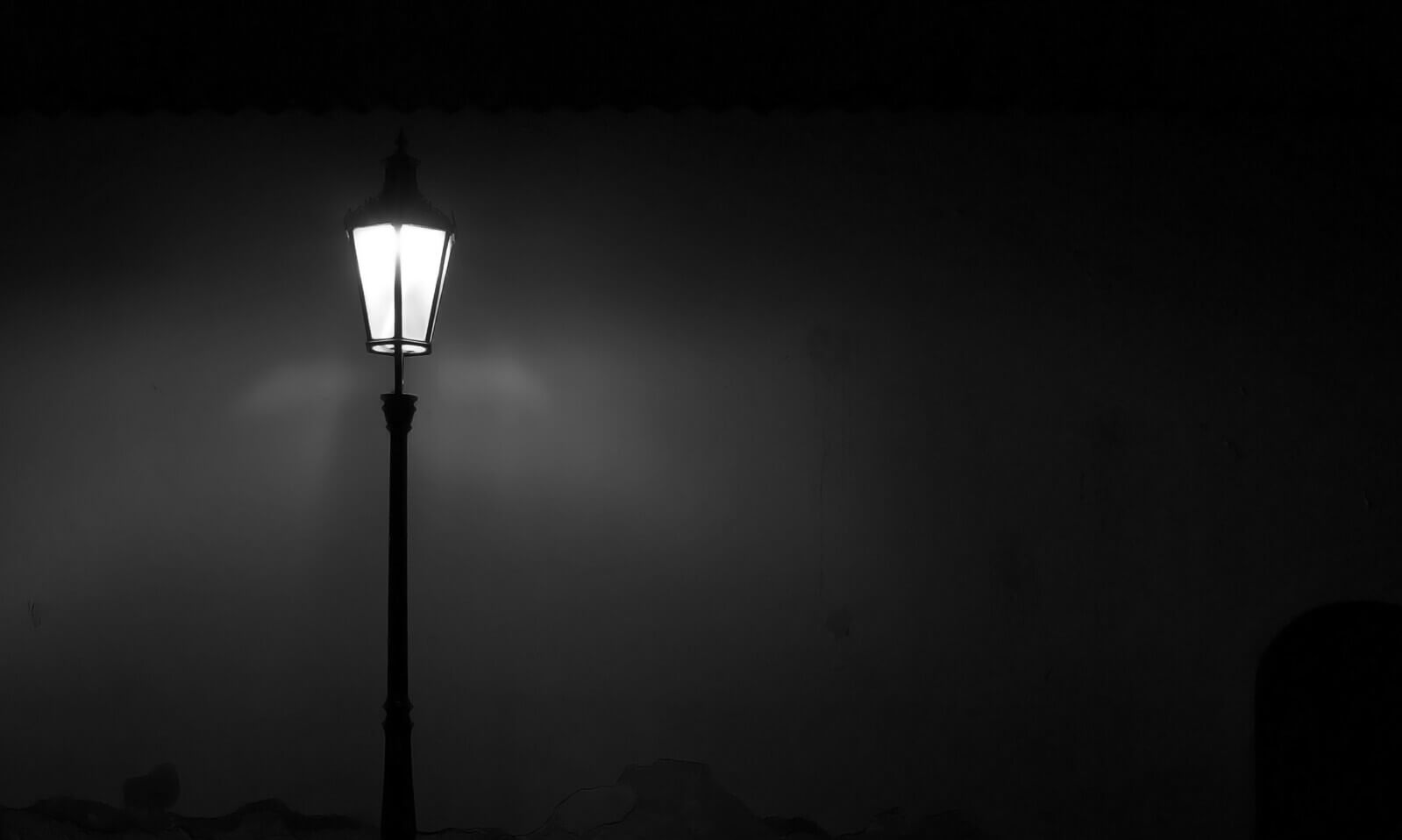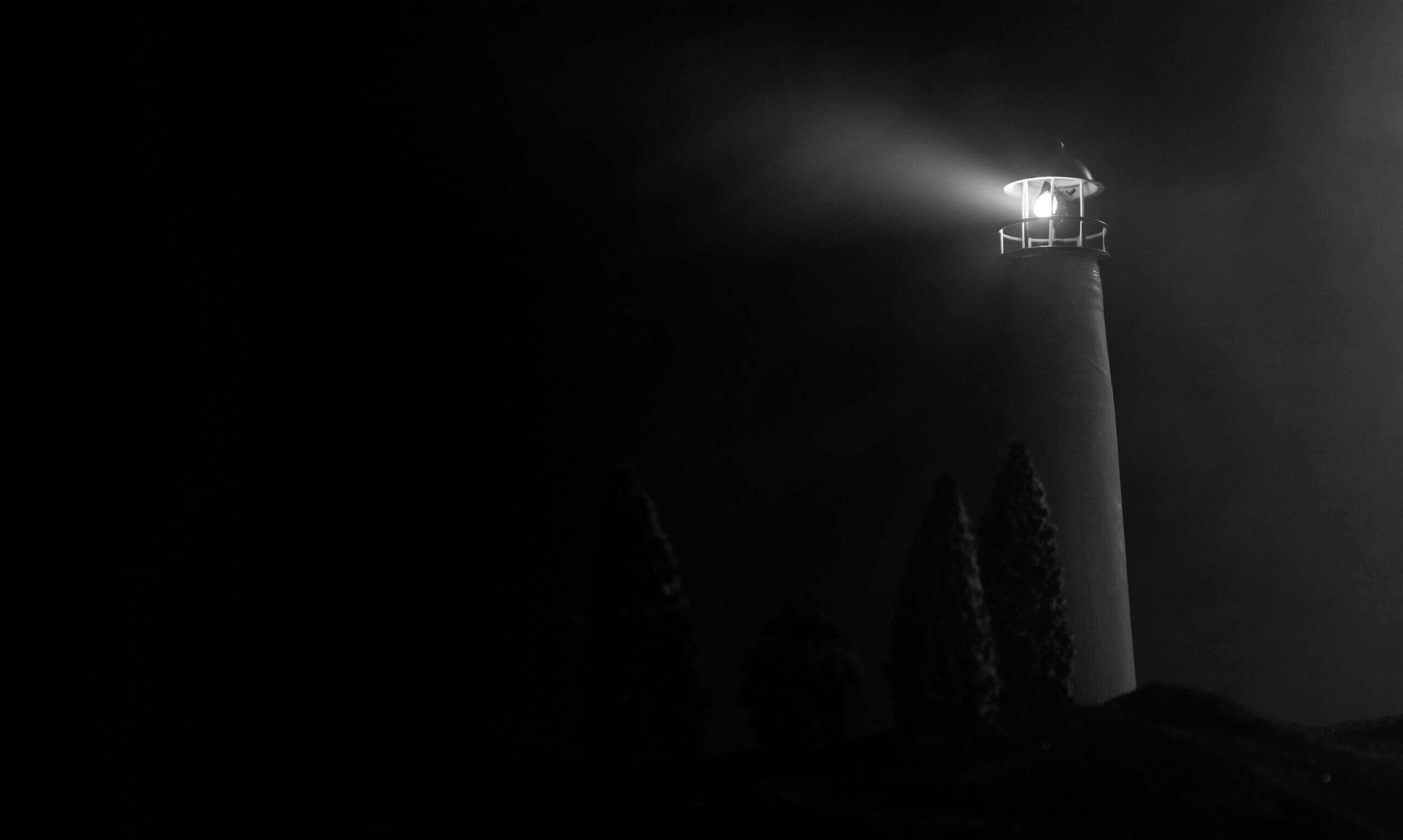Gurdjieff Work in Life
Our site addresses anyone seeking a deeper understanding of the Gurdjieff Work. Get to know the qualities of the spiritual teaching of the Fourth Way. Learn what the Movements taught by G. I. Gurdjieff are and take part in seminars in the Sacred Dances.
The platform Gurdjieff Work in Life is an initiative of two Gurdjieff study groups in South-West Germany. We work on a non-commercial basis. The information compiled here is based on our own experience and subjective weighting in the context of the spiritual teaching of the Fourth Way.
Inner Order
In the heart of the Gurdjieff Work stands the „harmonious development of man“. Described by Georgi Ivanovich Gurdjieff himself as the „Fourth Way“, his teaching aims at the simultaneous development of a human’s mental, emotional and physical centers, bringing them into balance and establishing an inner order of a higher nature.
„It is the illusion nature maintains in Man about his limitations that generates his anguish before the brutal shock of reality. Knowledge of this autohypnosis removes its power of fascination, in other words all its power over Man.“
Georges de Maleville
Automatisms beyond control
In everyday life we are exposed to a variety of influences. When looked at honestly, our inner life resembles a roller coaster ride, with amazing heights and equally terrifying lows. We are powerless in face of these changes. They are beyond our control. The Gurdjieff Work addresses seekers who sincerely like to enquire these automatism-based and purely reactive states of their existence. A wholehearted wish for a different life unites us.
Gurdjieff
Work in Life
Inner Order
In the heart of the Gurdjieff Work stands the „harmonious development of man“. Described by Georgi Ivanovich Gurdjieff himself as the „Fourth Way“, his teaching aims at the simultaneous development of a human’s mental, emotional and physical centers, bringing them into balance and establishing an inner order of a higher nature.
Automatisms beyond control
In everyday life we are exposed to a variety of influences. When looked at honestly, our inner life resembles a roller coaster ride, with amazing heights and equally terrifying lows. We are powerless in face of these changes. They are beyond our control. The Gurdjieff Work addresses seekers who sincerely like to enquire these automatism-based and purely reactive states of their existence. A wholehearted wish for a different life unites us.
Gurdjieff
Work in Life
Inner Order
In the heart of the Gurdjieff Work stands the „harmonious development of man“. Described by Georgi Ivanovich Gurdjieff himself as the „Fourth Way“, his teaching aims at the simultaneous development of a human’s mental, emotional and physical centers, bringing them into balance and establishing an inner order of a higher nature.
„It is the illusion nature maintains in Man about his limitations that generates his anguish before the brutal shock of reality. Knowledge of this autohypnosis removes its power of fascination, in other words all its power over Man.“
Georges de Maleville
Automatisms beyond control
In everyday life we are exposed to a variety of influences. When looked at honestly, our inner life resembles a roller coaster ride, with amazing heights and equally terrifying lows. We are powerless in face of these changes. They are beyond our control. The Gurdjieff Work addresses seekers who sincerely like to enquire these automatism-based and purely reactive states of their existence. A wholehearted wish for a different life unites us.
Movements
The Movements are the non-verbal part of G. I. Gurdjieff’s teaching. The Sacred Dances he taught and choreographed are unique in the world. All movements follow precisely prescribed patterns, so that the automatisms of one’s own personality are deprived of any space for manifestation. Complex sequences of movements and unusual rhythms require a maximum level of attention and leave no room for daydreaming.
„The Gurdjieff Movements represent notes of an octave on a different level than that on which we live automatically. They lead the energy of our functions in an ascending direction, to a quality of vibrations of equal intensity in all the centers.“
Jeanne de Salzmann
Sacred Dances and inner Work
The Movements are a perfected language for the expression of objective laws and one of the essential tools of the Gurdjieff Work. Though the Sacred Dances might entail painful moments on the part of the participants, their contribution to the process of achieving a more earnest self-image is unmatched.
Movements
The Movements are the non-verbal part of G. I. Gurdjieff’s teaching. The Sacred Dances he taught and choreographed are unique in the world. All movements follow precisely prescribed patterns, so that the automatisms of one’s own personality are deprived of any space for manifestation. Complex sequences of movements and unusual rhythms require a maximum level of attention and leave no room for daydreaming.
„The Gurdjieff Movements represent notes of an octave on a different level than that on which we live automatically. They lead the energy of our functions in an ascending direction, to a quality of vibrations of equal intensity in all the centers.“
Jeanne de Salzmann
Sacred Dances and inner Work
Gurdjieff’s Movements are a perfected language for the expression of objective laws and one of the essential tools of the Gurdjieff Work. Though the Sacred Dances might entail painful moments on the part of the participants, their contribution to the process of achieving a more earnest self-image is unmatched.
„The secret of being able to assimilate the involving part of air is to try to realize your true significance, and the true significance of those around you… From looking at your neighbor and realizing his true significance, and that he will die, pity and compassion will arise in you for him and finally you will love him.“
G. I. Gurdjieff
Views from the Real World
Movements
The Movements are the non-verbal part of G. I. Gurdjieff’s teaching. The Holy Dances he taught and choreographed are unique in the world. All movements follow precisely prescribed patterns, so that the automatisms of one’s own personality are deprived of any space for manifestation. Complex sequences of movements and unusual rhythms require a maximum level of attention and leave no room for daydreaming.
Sacred Dances and inner Work
Gurdjieff’s Movements are a perfected language for the expression of objective laws and one of the essential tools of the Gurdjieff Work. Though the Sacred Dances might entail painful moments on the part of the participants, their contribution to the process of achieving a more earnest self-image is unmatched.

Seminars
The basics of the Gurdjieff Work are taught in our weekend seminars. They address all people with a serious interest in spiritual work. By practicing together in a group, an energy is generated, which is not available to the individual, or if so, only in exceptional cases. This approach enables deeper access to the Work and engenders an intensive examination of one’s own existence.
Participation at Gurdjieff Movements
For participating in the Gurdjieff Movements seminars no prior knowledge of the Gurdjieff Work or other disciplines is required. The basic premise however is a minimum level of physical fitness.
Upcoming Movements seminars
If you are interested in participating in the Movements seminars, please contact us using the contact form. For further information on the seminar program follow the link below.
Music
Music is an integral part of ceremonies, rituals and feasts in all religions of the world. It has a direct effect on a human’s emotional center and conveys what cannot be put into words. The pieces of music memorized and later transcribed by G. I. Gurdjieff during his long travels are a treasure of immeasurable cultural value. They grant us a deep impression of faith-imbued mystical worlds.
Original compositions
For the seminars we resort to the traditional compositions by Gurdjieff and his students and accompany the dances on the piano. The music is a living part of the group’s inner work, aiming to complement the processes brought about by the Gurdjieff Movements.
Recordings
Coen van Hoboken plays from „Gurdjieff De Hartmann“ the piece „Hindu Melody“.
Coen van Hoboken plays from „Gurdjieff De Hartmann“ the piece „Sayyid Chant Dance II“.
Music
Music is an integral part of ceremonies, rituals and feasts in all religions of the world. It has a direct effect on a human’s emotional center and conveys what cannot be put into words. The pieces of music memorized and later transcribed by G. I. Gurdjieff during his long travels are a treasure of immeasurable cultural value. They grant us a deep impression of faith-imbued mystical worlds.
Original compositions
For the seminars we resort to the traditional compositions by Gurdjieff and his students and accompany the dances on the piano. The music is a living part of the group’s inner work, aiming to complement the processes brought about by the Gurdjieff Movements.
Recordings
Coen van Hoboken plays from „Gurdjieff De Hartmann“ the piece „Tibetan Dance – Fragment 6 from the ballet“.
Coen van Hoboken plays from „Gurdjieff De Hartmann“ the piece „Hindu Melody“.
Coen van Hoboken plays from „Gurdjieff De Hartmann“ the piece „Sayyid Chant Dance II“.
Movements Seminars
The basics of the Gurdjieff Work are taught in our weekend seminars. They address all people with a serious interest in spiritual work. By practicing together in a group, an energy is generated, which is not available to the individual, or if so, only in exceptional cases. This approach enables deeper access to the Work and engenders an intensive examination of one’s own existence.
Participation at Gurdjieff Movements
For participating in our Movements-seminars no prior knowledge of the Gurdjieff Work or other disciplines is required. The basic premise however is a minimum level of physical fitness.
Upcoming Movements seminars
If you are interested in participating in the Gurdjieff Movements seminars, please contact us using the contact form. For further information on the seminar program follow the link below.
Music
Music is an integral part of ceremonies, rituals and feasts in all religions of the world. It has a direct effect on a human’s emotional center and conveys what cannot be put into words. The pieces of music memorized and later transcribed by G. I. Gurdjieff during his long travels are a treasure of immeasurable cultural value. They grant us a deep impression of faith-imbued mystical worlds.
Original compositions
For the seminars we resort to the traditional compositions by Gurdjieff and his students and accompany the dances on the piano. The music is a living part of the group’s inner work, aiming to complement the processes brought about by the Gurdjieff Movements.
Recordings
Coen van Hoboken plays from „Gurdjieff De Hartmann“ the piece „Tibetan Dance – Fragment 6 from the ballet“.
Coen van Hoboken plays from „Gurdjieff De Hartmann“ the piece „Hindu Melody“.
Coen van Hoboken plays from „Gurdjieff De Hartmann“ the piece „Sayyid Chant Dance II“.

Groups
Central to the Work is the transmission of Gurdjieff’s esoteric teaching in schools or groups coordinated and led by a teacher. Unlike in ordinary schools, the teacher decides on the composition of this community. He defines content, gives exercises and serves as a corrective role model. His directive, based on his own experience, determines the inner development of the students, without which their progress on the Fourth Way is impossible.
Gurdjieff group Stuttgart
The Gurdjieff Group Stuttgart meets weekly, Meditation, attention exercises and an exchange about personal Work experiences are part of every meeting. The group is open to anyone with serious interest in the Gurdjieff Work and with willingness to attend the weekly gatherings.
Gurdjieff group Munich
The Munich study group meets every 14 days. Meditations and the exchange of inner exercises and experiences are the elements of these meetings.
Gurdjieff group Berlin
The Gurdjieff Group Berlin is led by Wim van Dullemen and Christiane Macketanz. Weekly Movements classes are offered, as well as seminars lasting several days.
Literature
There are numerous books on the Gurdjieff Work. These include the works that G. I. Gurdjieff wrote himself, transcriptions of his lectures, reports of his students‘ experiences and attempts to summarize the teaching of the Fourth Way.
Recommendations for reading
The existing literature should be seen as a supplement to the Work within a Gurdjieff group. It offers a mental perspective on the teachings that Gurdjieff always conveyed in the most direct way.
Literature
There are numerous books on the Gurdjieff Work. These include the works that G. I. Gurdjieff wrote himself, transcriptions of his lectures, reports of his students‘ experiences and attempts to summarize the teaching of the Fourth Way.
Recommendations for reading
The existing literature should be seen as a supplement to the Work within a Gurdjieff group. It offers a mental perspective on the teachings that Gurdjieff always conveyed in the most direct way.

Gurdjieff
Movements Seminars
Our weekend seminars offer an insight into the characteristics of the Gurdjieff Work. No prior knowledge of this discipline or other spiritual paths is required.
Registration
If you are interested in participating, please contact us using the form below.
Participating in the Gurdjieff Movements is an extremely intense experience, especially for beginners. The dancers are confronted with their illusions in a complex way and learn to face and accept them honestly.
Gurdjieff Groups
Central to the Work is the transmission of Gurdjieff’s esoteric teaching in schools or groups coordinated and led by a teacher. Unlike in ordinary schools, the teacher decides on the composition of this community. He defines content, gives exercises and serves as a corrective role model. His directive, based on his own experience, determines the inner development of the students.
Gurdjieff group Stuttgart
The Gurdjieff Group Stuttgart meets weekly on Thursdays, Meditation, attention exercises and an exchange about personal Work experiences are part of every meeting. The group is open to anyone with serious interest in the Gurdjieff Work.
Gurdjieff group Munich
The Munich study group meets every 14 days. Meditations and the exchange of inner exercises and experiences are the elements of these meetings.
Gurdjieff group Berlin
The Gurdjieff Group Berlin is led by Wim van Dullemen and Christiane Macketanz. Weekly Movements classes are offered, as well as seminars lasting several days.
Literature
There are numerous books on the Gurdjieff Work. These include the works that G. I. Gurdjieff wrote himself, transcriptions of his lectures, reports of his students‘ experiences and attempts to summarize the teaching of the Fourth Way.
Recommendations for reading
The existing literature should be seen as a supplement to the Work within a Gurdjieff group. It offers a mental perspective on the teachings that Gurdjieff always conveyed in the most direct way.

Gurdjieff
Movements Seminars
Our weekend seminars offer an insight into the characteristics of the Gurdjieff Work. No prior knowledge of this discipline or other spiritual paths is required.
Participating in the Gurdjieff Movements is an extremely intense experience, especially for beginners. The dancers are confronted with their illusions in a complex way and learn to face and accept them honestly.
Registration
If you are interested in participating, please contact us using the form below.


Gurdjieff
Movements Seminars
Our weekend seminars offer an insight into the characteristics of the Gurdjieff Work. No prior knowledge of this discipline or other spiritual paths is required.
Participating in the Gurdjieff Movements is an extremely intense experience, especially for beginners. The dancers are confronted with their illusions in a complex way and learn to face and accept them honestly.
Registration
If you are interested in participating, please contact us using the form below.